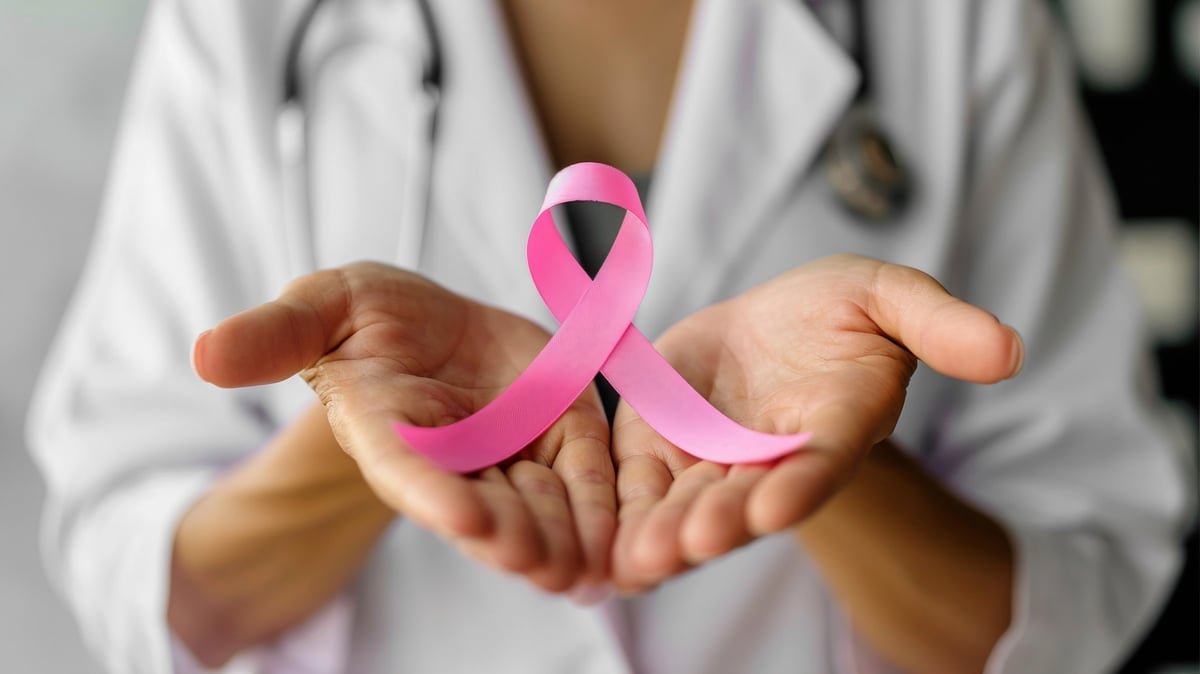Although breast cancer is uncommon among women in their 20s, it’s crucial for this age group to recognize how their current lifestyle choices can impact their future health. Global projections indicate a 32% rise in breast cancer cases by 2050. While not all cancers can be prevented, young women can take proactive steps to lower their risk by addressing modifiable factors. Making informed decisions today about diet, physical activity, and other lifestyle habits may significantly contribute to their long-term health and well-being.
Here are some of the things every woman in their 20s need to know.
Breast Awareness
It is the most important part of risk management in your 20’s. Practice breast self-examination at least once a month usually during the second week following the first day of your menstrual cycle. Any changes that are new should be noted, by size, shape and location. At the next examination if they persist or increase, then you should get an opinion from an expert in a one-stop breast clinic.
Family History
Although there is still a shroud of social secrecy and families don’t discuss cancer diagnosis openly for various reasons. It is important to ascertain whether there is a strong family history of breast and ovarian cancer, especially at a young age and or biology like triple negative breast cancers. There are several algorithms that are now available to ascertain your risk if there is any doubt and one could consult a specialist clinic or counsellor that offers risk assessment.
OC Pill
A study of more than 150,000 women showed that, overall, women who had used oral contraceptives had a slight (7%) increase in the risk of breast cancer compared with women who had never used them Those who were currently using oral contraceptives had a 24% increase in risk that did not increase with the duration of use. This risk declined after use of oral contraceptives stopped, and no increase in risk was seen by 10 years of cessation.
Smoking
Women who start smoking at a young age, especially during their teenage years or before their first pregnancy, have a higher risk of developing breast cancer. It is believed that smoking at this age may cause more significant damage to breast cells, which are still developing through exposure to carcinogens. The longer and more cigarettes per day that you smoke, the higher is your risk. Inhaling second hand smoke especially at younger ages is also believed to increase the risk to breast cancer. Smoking also predisposes you to more aggressive forms of breast cancer that adversely affect outcomes.
Alcohol Consumption
Although the relationship of alcohol consumption and risk in pre-menopausal women is less researched there is evidence to suggest that moderate drinking ( one glass per day) at a younger age may be associated with an increase to risk to breast cancer. Binge drinking is younger women is proposed to be associated with an acute impact on hormonal levels and possible DNA damage.
Exercise
Exercise is an effective way for young women to lower their breast cancer risk. It reduces estrogen levels, helps maintain a healthy weight, boosts the immune system, reduces breast density and decreases inflammation, all of which contribute to lowering cancer risk. Regular exercise during adolescence and early adulthood may offer enhanced protection as the breast tissue is still developing, making it a critical period for establishing lifelong benefits. It’s important that exercise is consistent over time to gain the full protective benefits against breast cancer.
Pregnancy
A late first pregnancy, often defined as first child birth after the age of 30 years of age, increases the risk of breast cancer in the first decade following child birth. This is due a cumulative risk of uninterrupted, prolonged exposure to hormones before they are fully mature that usually happens at the first pregnancy. Late pregnancies are also associated with an increased breast density which is a known risk factor to breast cancer. Despite the short term increase in risk over a longer period after 10-15 years pregnancy has protective effect. Therefore not having children at all is a higher risk than a late pregnancy.
Breast Feeding
Breastfeeding, particularly for longer periods, helps reduce the breast cancer risk associated with late pregnancy. Breastfeeding is believed to lower hormone levels that could contribute to breast cancer development and offer additional protection by reducing breast cell proliferation and promoting the shedding of cells with potential DNA damage.
In conclusion, even though breast cancer is rare in your 20s, it’s still super important to be aware of how your choices now can affect your future health. Simple habits like doing regular breast self-exams, knowing your family history, and keeping an eye on things like smoking, drinking, and staying active can really make a difference. It’s also helpful to understand how things like birth control, pregnancy, and breastfeeding could play a role in your risk. Taking care of your breast health early on can set you up for a healthier future.
(Dr Ashutosh Kothari is Consultant – Oncoplastic & Reconstructive Breast Surgery, Department of Oncology, Sir HN Reliance Foundation Hospital)




